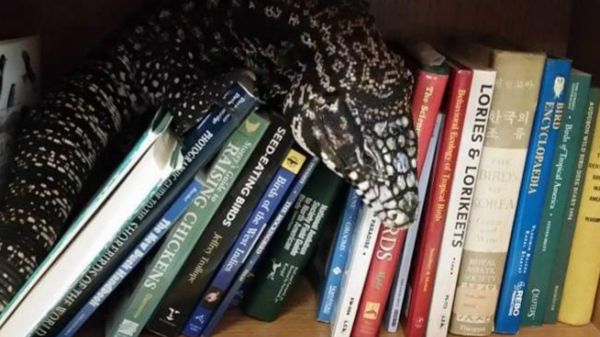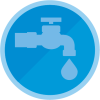Professional Development During a Pandemic

Many of you are undoubtedly stuck at home for one reason or another during this time of global uncertainty. Perhaps you’ve found yourself with more free time than you know how to handle. Why not use this time to take advantage of some free professional development opportunities that you can use to increase your knowledge base (or put on that newly updated resume)?
- Behavior Change for Conservation online course
- This open-access online course has been specifically developed to guide behavioral change practitioners, social marketers, communicators, and anyone else looking to develop or implement a behavioral change intervention for conservation gain.
- http://www.changewildlifeconsumers.org/change/behaviour-change-for-conservation-online-course/
- Environmental Protection and Sustainability online course
- Do you want to understand more about the environmental problems we currently face? Do you want to learn ways we can reduce the negative effects of these problems, and keep our environment more sustainable? In this multi-disciplinary course, we will discuss major challenges facing environmental protection efforts.
- https://www.edx.org/course/environmental-protection-and-sustainability
- National Geographic Educator online certification
- Challenge yourself to teach about the world in innovative and interdisciplinary ways. You will collaborate with inspiring educators as you generate activities centered around real-world issues and implement them with your students.
- Other FREE classes also available!
- https://www.nationalgeographic.org/education/professional-development/courses/
- And a variety of other opportunities through platforms like Future learn, The Open University, and Coursera.
Not teaching and also not in the mood to commit to a class yourself, but still want to do SOMETHING? In-person volunteer opportunities may be limited right now, so check out some of the virtual projects happening on Zooniverse or Scistarter that could use your professional help! You could help researchers identify animal images captured on camera traps, transcribe botany data from hand-written records, listen for earthquakes, or even lend an eye to identify the surface features of Mars.
You can also use this time to read that book about the impact of fisheries on marine ecosystems that’s been sitting on your shelf for two years (I’m talking to myself here) or enjoy a documentary from the DC Environmental Film Festival (https://dceff.org/2020online/), with many titles now available for free online streaming until March 31.
The important thing is to hang in there. There is a lesson to learn on the other side of this and we just might be the ones to teach it.

Comments
Also, I saw this posted on a different EEPro group. Thought I would share it here -
The Eastern Region Association of Forest and Nature School (ERAFANS.org) offers a range of free, live, and recorded webinars at www.erafans.org/free-online-learning. There are also tips and ideas on our blog (mud paint and forsythia syrup just posted!) and helpful resources in the teacher resources section, too. In light of the coronavirus pandemic, we have ramped up our offerings to help parents and teachers when you need it most.
In reply to 3650 by Laura Collard
Cassidy, In my opinion, the framework would be the same - what behavior do you seek, what barriers exist to that behavior, what strategies can be built to overcome those barriers and how do you know you've been successful. That being said you would do research to learn the barriers to action with a youth versus an adult (they would most likely be different) and then continue that research to build your strategies, find appropriate messages, messengers and channels. I hope that helps. Kelley
Thanks, Erin. Here are a couple of other options.
Behavioral design, behavioral economics or gamification courses - free and paid - https://medium.com/behavior-design-hub/best-online-behavioral-design-co…
Change for Good Crash Course (Social Marketing University) - Free through April - https://socialmarketingu.com/changeforgood/
Social Marketing class (Griffith University) - Free - https://www.futurelearn.com/courses/social-change-marketing
Tiny Habits approach class (BJ Fogg) - Free - https://www.tinyhabits.com/expert-help
Thank you for compiling this list Erin!
This is full of great resources! I like the idea of helping the educational field "virtually." Many don't know how long this will last, when they will resume their posts again, so some might be weary of taking on a long term commitment at this time. But in the meantime, they probably don't want to go stir-crazy at home either (gonna take a look at my shelf of unread books today!), so having these different resources is very helpful!
Again, thank you for putting this together.